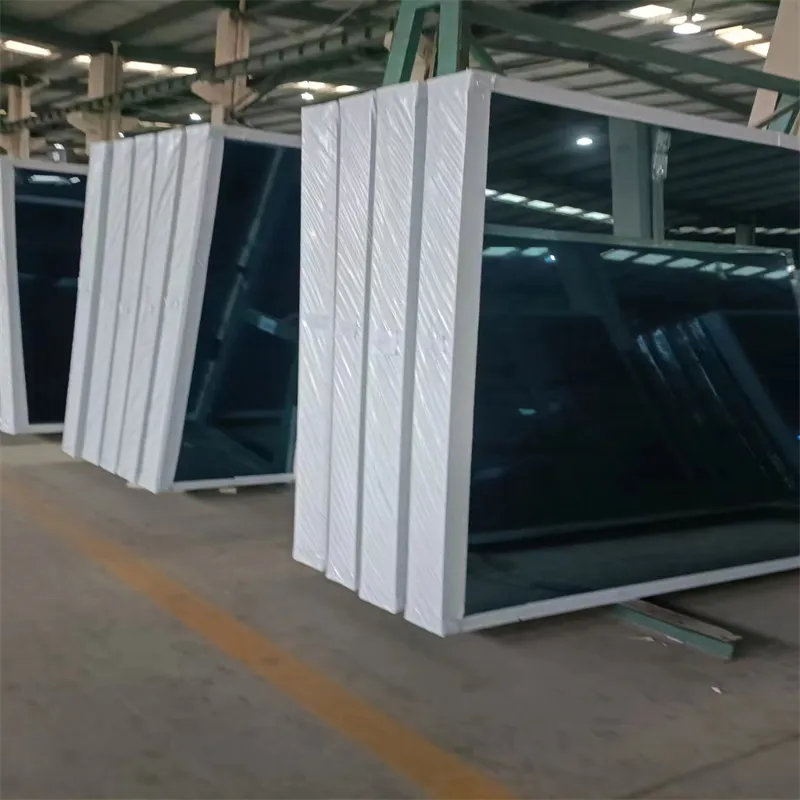Nov . 10, 2024 20:24 Back to list
Discover Affordable Low Iron Glass Options for Your Next Project
Buy Low Iron Glass The Clear Choice for Quality and Aesthetic Design
In the world of glass products, low iron glass is rapidly gaining popularity among architects, designers, and homeowners alike. Known for its exceptional clarity and purity, low iron glass provides a clear and unblemished view, making it an ideal choice for a variety of applications. This article delves into the benefits of buying low iron glass, its various uses, and why it is a worthwhile investment for both commercial and residential projects.
What is Low Iron Glass?
Low iron glass, as the name suggests, contains significantly lower levels of iron oxide compared to standard clear glass. This reduction in iron content results in a glass that boasts a high light transmittance rate, often exceeding 90%. The absence of iron also eliminates the greenish tint commonly associated with regular glass, allowing for a crystal-clear appearance. These qualities make low iron glass an exceptional choice for applications where clarity and aesthetics are paramount.
Applications of Low Iron Glass
One of the most popular uses of low iron glass is in the construction of facades and curtain walls. Commercial buildings often require materials that project modernity and elegance, and low iron glass fits the bill perfectly. Its transparency enhances natural light, creating bright and inviting indoor spaces while providing unobstructed views of the surrounding environment.
In residential applications, low iron glass is increasingly used in windows, doors, and skylights. Homeowners looking to maximize their views and bring the outdoors in will find that low iron glass offers an unparalleled visual experience. Additionally, it is often used in glass railings and balustrades, where safety and transparency are crucial.
buy low iron glass

Beyond architectural uses, low iron glass is also popular in the world of retail. Storefronts and display cases made from this glass not only showcase products beautifully but also enhance the shopping experience by drawing customers in with clear, appealing views.
Energy Efficiency and Sustainability
Investing in low iron glass can also be a step towards more energy-efficient and sustainable building practices. Many manufacturers are now producing low iron glass with insulating properties, allowing for better thermal performance in buildings. This means reduced energy consumption for heating and cooling, which is not only beneficial for the environment but also for the wallet.
Additionally, low iron glass is often offered with various coatings to enhance its energy efficiency further. These coatings can reflect heat, reduce glare, and minimize UV radiation, thus protecting furniture and decor from fading. By choosing low iron glass, consumers can contribute to sustainable building practices while enjoying the practical benefits of enhanced comfort and reduced energy bills.
Conclusion
When considering glass for your next project, whether commercial or residential, low iron glass emerges as the superior option. Its unmatched clarity and aesthetic appeal are only matched by its energy efficiency and sustainability benefits. By choosing to buy low iron glass, you are not just investing in a product; you are opting for quality, style, and environmental responsibility. Embrace the beauty and functionality of low iron glass, and see how it can transform your space into a realm of light and clarity. The clear choice is low iron glass—a smart investment for the future.
-
Safety and Style with Premium Laminated Glass Solutions
NewsJun.24,2025
-
Reinvents Security with Premium Wired Glass
NewsJun.24,2025
-
Premium Float Glass Line for Modern Architecture
NewsJun.24,2025
-
Low Emissivity Glass for Energy-Efficient Architecture
NewsJun.24,2025
-
High-Performance Insulated Glass Solutions for Modern Architecture
NewsJun.24,2025
-
Elevates Interior Style with Premium Silver Mirror
NewsJun.24,2025
Related PRODUCTS














